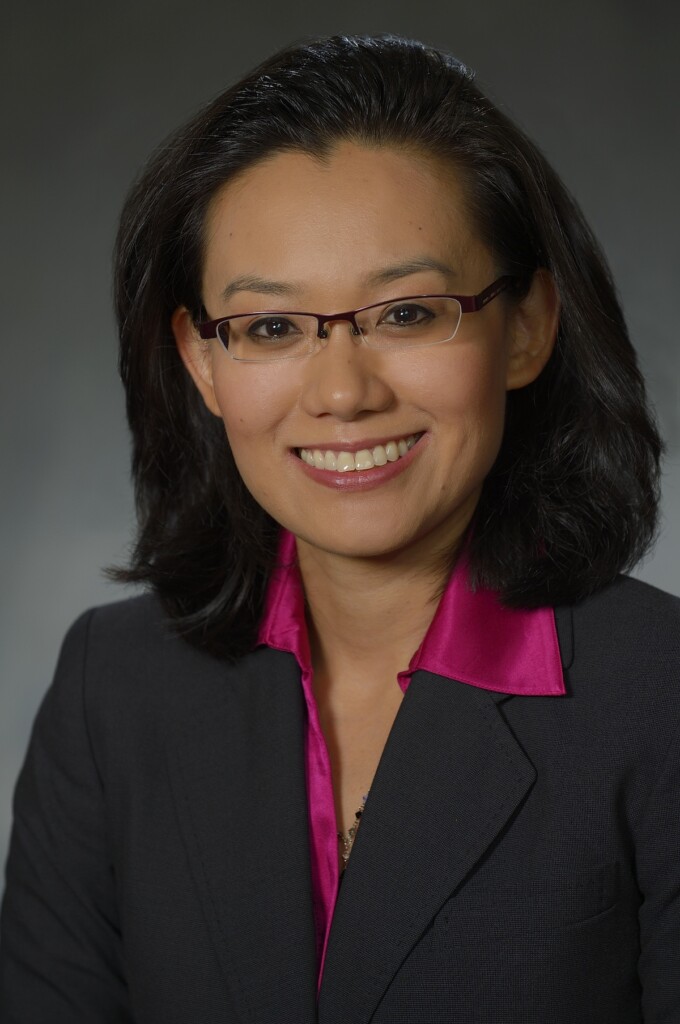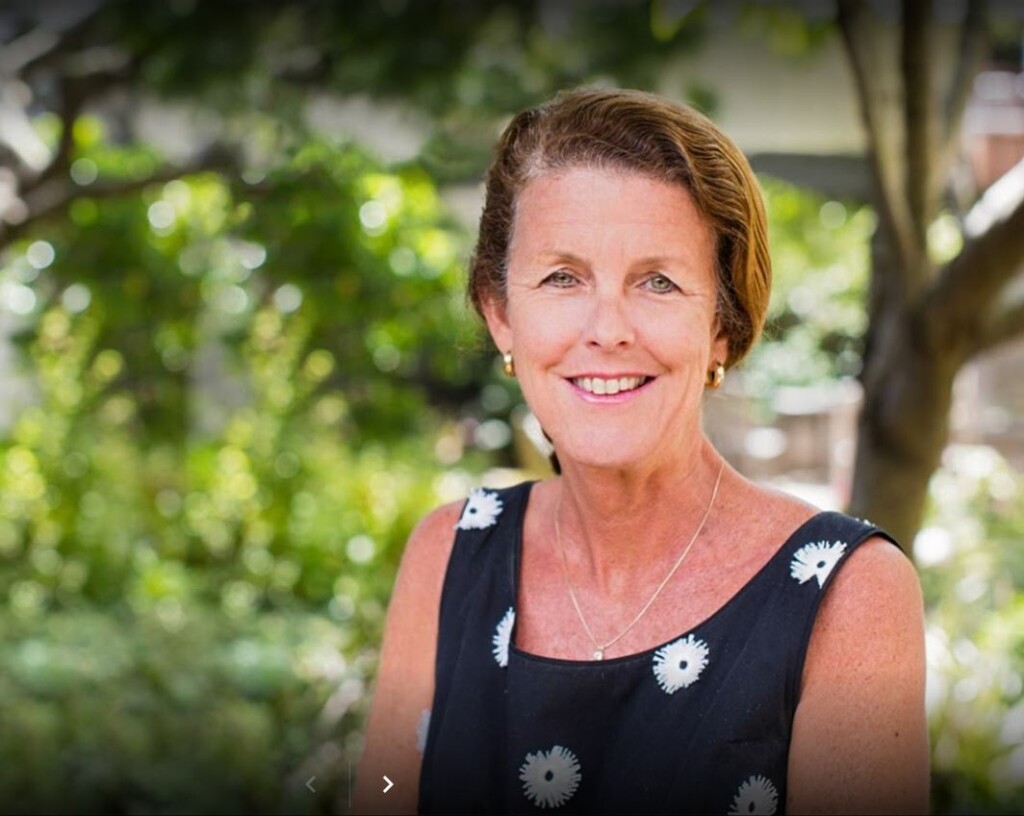OCRA’s Health Equity Research Grants for 2024 are dedicated to advancing equity in care of ovarian and related gynecologic cancers, addressing deep disparities in early diagnosis, access to care, and patient outcomes.
“In a year of remarkable new research being undertaken by OCRA-funded scientists, our expanded focus on health equity is more critical than ever,” says Audra Moran, OCRA’s President & CEO. “Disparities in care are felt across the patient sector and have wide impact. We need to resolve these known issues and ensure that as new diagnostic tools and treatments come to the field, they are accessible and available to all patients who can benefit from them.”



Dr. Emily Ko, University of Pennsylvania
OCRA’s Health Equity Research Grant, Sponsored by GSK
▶ Implementing a patient supportive program that will address practical barriers to receiving optimal care, such as financial strain, transportation, and emotional support, with the aim of ensuring equitable care for all gynecologic cancer patients. Sponsorship for OCRA’s first-ever Health Equity Research Grant was provided by GSK.
Dr. David Shalowitz, West Michigan Cancer Center
OCRA’s Health Equity Research Grant
▶ Developing a clinician-to-clinician telemedicine program to enable rural doctors to consult with gynecologic oncology specialists, with the goal of increasing access to high-quality care for patients in remote areas, reducing the need for long-distance travel, and ultimately improving patient outcomes.
Dr. Judith Walsh, University of California – San Francisco
OCRA’s Health Equity Research Grant
▶ Conducting a qualitative study with a diverse, multi-ethnic cohort, to identify barriers and facilitators to early ovarian cancer diagnosis, seeking to improve public health messaging and reduce disparities in ovarian cancer early diagnosis.
Act Now: Ensure Equitable Access to Multi-Cancer Early Detection Tools
New diagnostics are emerging with potential to improve early detection of cancers like ovarian cancer. Contact your representatives now, so when these tools are approved by the FDA, Congress can ensure vulnerable populations have equitable access.


